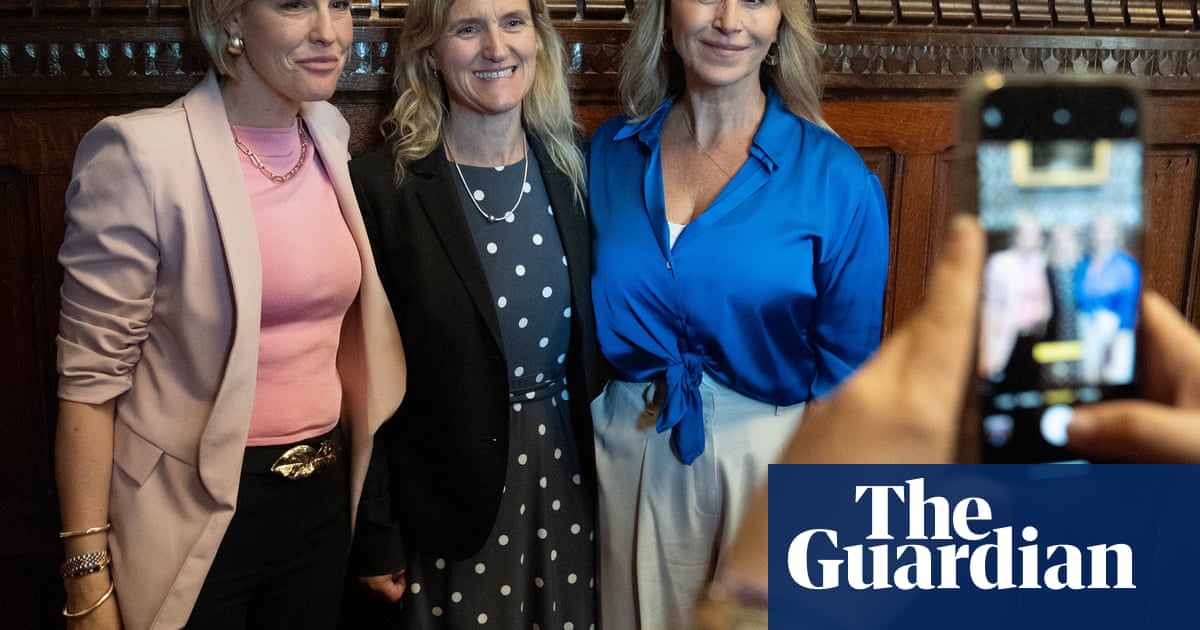I do not disagree with Gordon Brown that palliative care should be better funded, but to present palliative care as the alternative to assisted dying is to present a false equivalence, since the principles behind the two are quite different (MPs have personal beliefs, but also solemn duties: that’s why they must reject the assisted dying bill this week, 16 June).
The principle behind the entitlement to good palliative care is that one should be entitled to good medical care – in this instance, as death approaches. The principle behind the right to an assisted death is that one should be entitled to determine the time and manner of one’s passing.
If one were always to prioritise the right to good medical care above the right to have control over one’s death, it is unlikely that assisted dying would ever be legalised, as there will always be some medical care for somebody that could be better funded. But that is to choose to prioritise one principle over another.
Quite simply, MPs need to decide whether, as a matter of principle and within strict limits, a person should be entitled to determine the time and manner of their own death. Implementation of that principle will be difficult in just the same way as the implementation in law and practice of any principle. The numerous revisions to the assisted dying bill reflect that difficulty, but do nothing to undermine the principle behind the bill.Dr Alistair MacdonaldHuddersfield, West Yorkshire
Gordon Brown states that“every year, more than600,000 peopledie in the UK. It is estimated that between 75% and 90% of them should have thebenefit of palliative care, and that100,000 terminally ill peopledo not receive the palliative care they need.” I agree that this is a dreadful situation. But I don’t see the logic in denying an assisted death to those who meet all the safeguards in the bill and do not want to suffer due to the shortage of palliative care. This seems to be punishing individuals because successive governments have failed to sort out sufficient funding for palliative care.
He also states that “we should not deny terminally ill people the freedom to choose. But there is no effective freedom to choose if the alternative option, the freedom to draw on high-quality end-of-life care, is not available.” Perhaps he should put himself in the shoes of someone whose pain cannot be relieved even by high-quality end-of-life care, or someone with a neurodegenerative disease where palliative care cannot always help. For these people, there is no other option but to continue suffering. Where is the compassion in saying: “Sorry, you can’t have an assisted death until we have sorted out palliative care for all?”Katy BarnettLondon
While we can all agree withGordon Brownthat hospice and palliative care need more funding I don’t feel that this is an argument against assisted dying. Palliative care doesn’t always work. My son died in his local hospice with the highest level of palliative care available. I was with him at his admission when the consultant said: “I will not be able to control your pain well enough for you to sleep.” This turned out to be the case and he suffered horribly for several weeks. I believe that assisted dying doesn’t shorten life, it shortens death.
In his article, Brown worries about people being coerced by their families. In my 17 years as a nurse I looked after many dying patients and don’t remember any incidence of a family wanting to speed the process (unless their loved one was clearly suffering). It was usually the opposite, with the patient ready to go and the family pleading with the doctors to try anything else to keep them alive.
Brown argues that taking part in assisted dying would change the role of the medical profession from one of purely caregiving, but I disagree. I always did my utmost to minimise my patients’ suffering and if the ability to shorten that suffering had been available, I would have felt it to be wholly appropriate to my caring role.Amanda McGeeRedcar, North Yorkshire
Thank you, Gordon Brown, for stating cogently why MPs should reject the assisted dying bill at the free vote on Friday. If the vote is passed, some of the responsibility for when terminally ill people die will pass from palliative care teams and GPs to lawyers. This will just make it more expensive and conflictual, and will deflect from the need to invest in palliative care that Brown pinpoints.
Legislators, and people approaching death who fear losing control, should read the literature on shared decision-making, which is basically how GPs interact with patients. If used correctly, it is just as empowering as “patient choice” and obviates the need for lethal injection. Shared decision-making could become the legal framework for end-of-life care decisions, if accompanied by expert, empathic and properly funded primary care and palliative care.Dr Jeremy SeymourSheffield
Thank you, Gordon Brown, for wisely and eruditely voicing concerns with the assisted dying bill. Having just retired from NHS primary care service in a deprived area, I have witnessed the progress over 40 years of palliative care services, which remain hamstrung by an unfair funding model. This will not change if the impetus to provide universality is removed by focusing on the right to die. A doctor’s oath to do no harm does not, in my view, extend to ending life.Dr Martin BelshamThetford, Norfolk
Have an opinion on anything you’ve read in the Guardian today? Pleaseemailus your letter and it will be considered for publication in ourletterssection.
